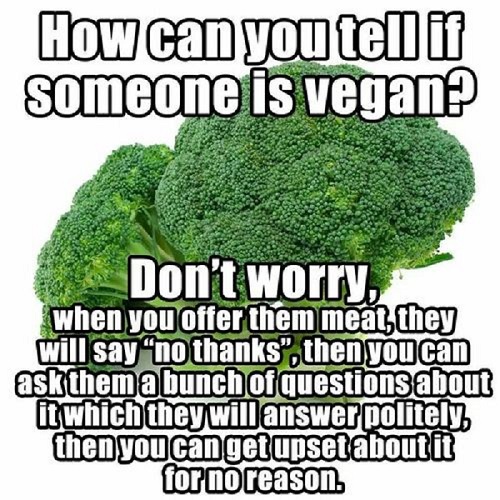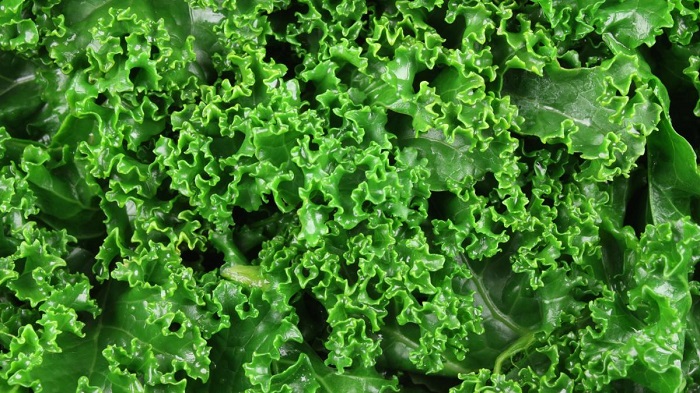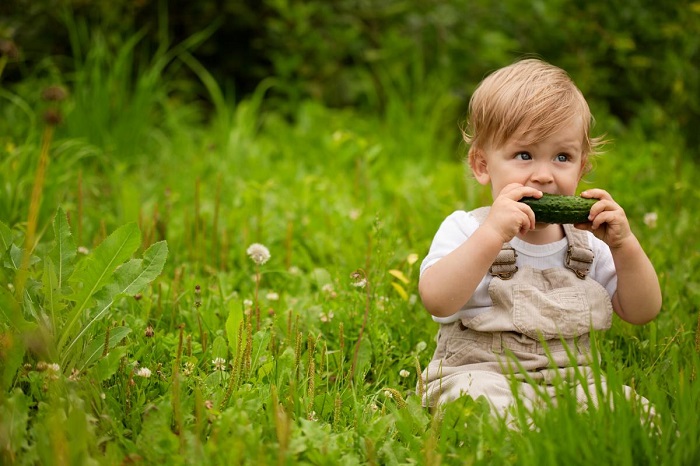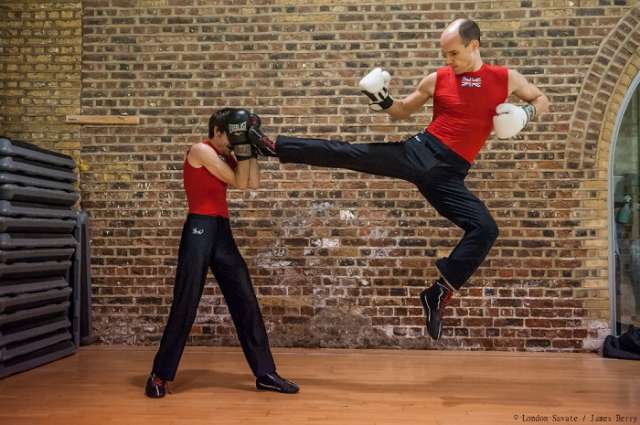On the contrary, they can be far healthier! Eating vegan is like other ways of eating: take care with what you’re putting in your body, and your body will take care of you. However, vegan diets also have numerous advantages over others. Vegans are far more likely to reach the recommended 10 portions of fruit and vegetables a day, have lower rates of obesity and reduced risk of colorectal and prostate cancer. If you want more information about how the vegan diet goes hand in hand with living well for longer, click here.

2) ‘Only vegans need supplements’
The vegan diet contains all the necessary ingredients for optimal health when eating a range of pulses, seeds, fruit, veg and fortified foods: just like non-vegan diets. Vegans and non-vegans alike can take a supplement like VEG1 to ensure that they are getting all they need, though this is not a requirement.
Fortified foods are necessary for healthy living in both vegans and non-vegans. Manufacturers add supplements to the foods we eat in order for us to get the vitamins, minerals and nutrients our bodies need. For example, cereal giant Kellogg’s unknowingly made their cereal range unsuitable for vegans by adding Vitamin D3 (lanolin) to their cereals in a bid to fight rickets. Dairy milk, like many plant milks, is commonly fortified with Vitamins A and D. Moreover, before countries across the world started to add iodine to table salt and cattle feed, iodine deficiency was rife. This is also the case with B12 being fed to cattle, as it no longer naturally occurs in the soil.
You can find more information on vegan nutrition here, while this blog demonstrates that B12 is not just a vegan issue, but an issue for everyone.
3) ‘Vegans are preachy’
“How do you know if someone is a vegan? Don’t worry, they’ll tell you” may be a running joke among meat eaters, but it’s far more likely to be the other way around. Think about it. We live in a society revolving around non-vegan food. It’s splashed on our television sets and our Instagram accounts. You see your friends, family and colleagues eating it every day. Has a meat eater ever done a double take at someone mentioning that their lunch today is a tuna sandwich? That they can’t eat the cake in the canteen today because they’re on a diet? No – but if someone mentions that they can’t have a slice of so-and-so’s birthday cake because it’s not vegan, it’s immediately picked up on. These non-conventional food habits can lead to defensive behaviour whereby certain meat eaters accuse vegans of trying to thrust their diet on others. This actually puts the onus on vegans to be timid or withdrawn when discussing their choices, rather than ‘preachy’. Thankfully, we vegans are lucky enough to have lots of supportive vegan networks we can turn to if this is the case. For more advice on talking to non-vegans about veganism, check out our social page.

4) ‘Veganism is an eating disorder’
The media likes to conflate veganism with mental health conditions such as anorexia or orthorexia for shock value. It’s really important to separate out these two things, which are not in any way linked. Orthorexia is a mental health issue, an eating disorder in which the diet is the symptom not the cause. Veganism is a philosophy that seeks to exclude, as far as is possible and practicable, all forms of exploitation of, and cruelty to, animals for food, clothing or any other purpose. Any conflation of the vegan philosophy with a fashionable weight loss diet lies with influential media outlets, which subsequently trigger mental health conditions like anorexia by selling the idea that human bodies must conform to a certain beauty standard.
If you`re thinking of going vegan but have a history of disordered eating, check out these tips here, while this case study demonstrates that it`s possible to go vegan after eating disorder recovery when doing it for the right reasons.
5) ‘Vegans need to drink dairy milk to get calcium’
Wrong! Those ‘Got Milk?’ adverts certainly got you. Leafy green vegetables such as kale have been shown to have excellent absorbability compared to dairy milk, which lags behind these vegetables.

6) ‘Veganism is for hippies’
Veganism is a broad church, with many vegans coming from very diverse backgrounds with diverse styles. For example, UK vegan festivals are melting pots of punks, Rastas, indie kids, groomed parents, bodybuilders, fashionable teenagers and goths, all joined together over their love of – or interest in – veganism.
7) ‘Veganism is white’
Veganism is often thought to be the domain of white middle class 30-somethings for a number of reasons: the media and the majority of vegan advocacy focuses upon white vegan stories which neglect to mention people of colour, while some of the most successful vegan personalities tend to be white due to this privilege. This means activism by vegans of colour such as A. Breeze Harper and Aph Ko is overlooked, despite the fact that there are actually twice as many black vegans than there are white in the US – not to mention the large amount of vegans residing in South and South-East Asia.
8) ‘Vegan diets are not suitable for children’
The British Dietetic Association says that a well-planned vegan diet is suitable for ALL ages. Some people believe it is unfair to serve children healthy vegan food because they have not had the ‘choice’ to have meat: but how can forcing a child to eat animal products before they know the facts surrounding their production be a ‘choice’?

9) ‘Veganism is hard’
While this really depends on your socio-economic circumstances, it is fair to say that going vegan is now easier than it has ever been before. In the UK especially there are a multitude of vegan-friendly ready meals in the supermarket; there are health food stores in every town if you’re looking for fancy smoked tofu; and online vegan-friendly stores will deliver all the treats you could imagine to the most rural of places. While there is still work that needs to be done in combatting food deserts, chances are that if you’re a student or working part-time, you’ll have the time to find out how cheap it can be to eat vegan. If you have the money but not the time, in today’s world you can order great vegan groceries to your door. Moreover, vegans do not have to go to specialist shops for vegan clothes, but can merely check labels for leather, wool and silk. Check out our ‘On a budget’ tips here, and follow our easy budget recipes here.
10) `Vegan companion animal diets are dangerous`
Vets are now beginning to realise that conventional cat and dog food is not healthy for our furrier members of the family, while nutrient-rich vegan food provided by trusted suppliers is actually showing health benefits. Follow this link and join forums such as Vegan Cats for more information.
11) `Vegan diets make you weak`
Then how do you explain the success of Germany’s strongest man, the world champion of French Kickboxing and one of the great tennis players of our time? For more information on getting athletic as a vegan, click here. Don’t forget to check out this blog listing our favourite plant-powered athletes.

12) ‘Vegan diets aren’t filling enough’
While this study demonstrates that there is no difference in satiety between meat and soy-based products, some people still argue that plants aren’t gratifying enough. But did you know that it can generally take a few weeks for your body to get used to a different diet? Take our 30 Day Vegan Pledge and by the end of the month you’ll have realised that vegan food sates your appetite better than any animal product could.
13) ‘Veganism is boring’
Never! Have you not seen the delights vegan cooking can afford? There are vegan versions of all your favourite junk foods.There’s the discovery of aquafaba by a vegan chef: a magical property that simulates certain properties of egg whites and yolks. There’s the thrill of the chase when it comes to sniffing out obscure accidentally vegan products at the local shop and sharing the results. There’s the delight of stumbling upon new vegan fashions – no animals harmed in the making of this jacket. There are protests, meetings, festivals, events all centred on vegan living, all connecting you to people who share your common, passionate interest. Join us today – you won’t regret it.
By Ali Ryland
More about:
















































